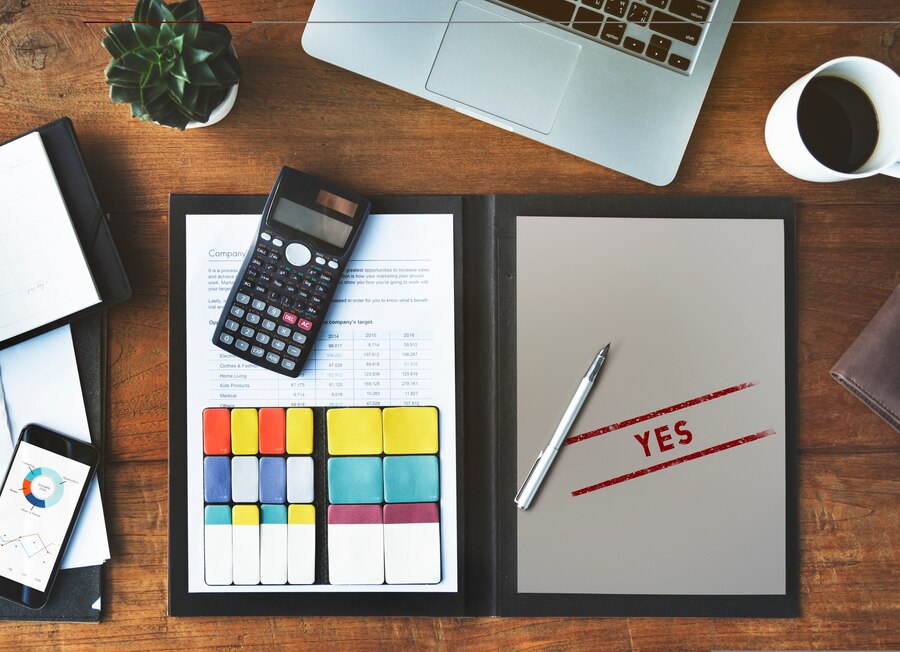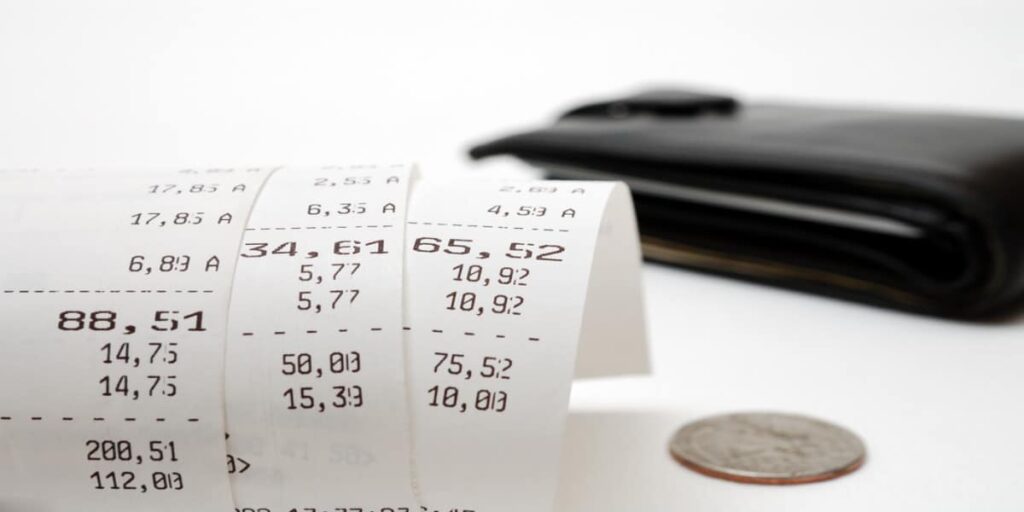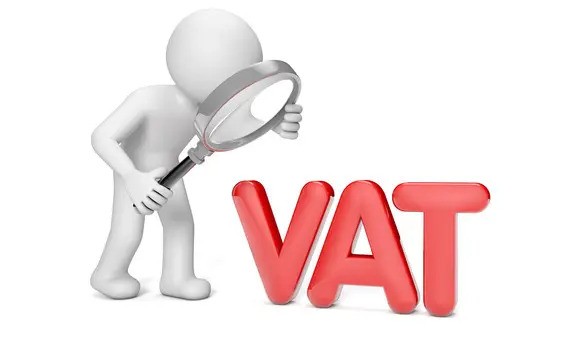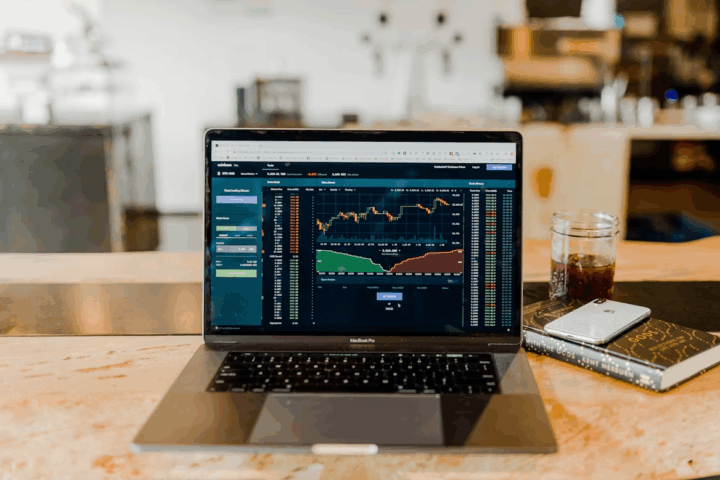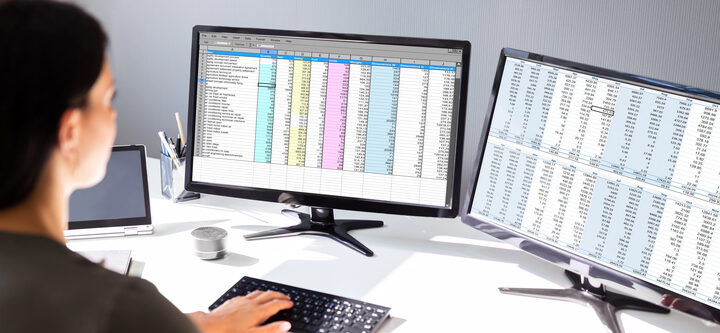When dealing with Value-Added Tax (VAT), you might encounter the term “VAT qualifying.” Understanding what this means can be crucial for businesses and individuals who need to manage their finances effectively. In this blog post, we’ll explore the concept of VAT qualifying, its significance, and how it affects transactions.
Understanding VAT Qualifying
VAT qualifying refers to whether a product or service meets specific eligibility criteria for VAT treatment. This means that a transaction can either be subject to VAT, benefit from VAT relief, or be exempt from VAT. The term determines how VAT applies to various goods and services.
Key Aspects of VAT Qualifying
VAT Registration
For a business to qualify for VAT, it must register for VAT with HM Revenue & Customs (HMRC). VAT registration is a requirement for businesses that exceed a certain turnover threshold, which varies depending on the country and specific regulations. Once registered, a business can charge VAT on its goods and services and become eligible to reclaim VAT on its business-related purchases.
VAT Relief and Exemptions
Certain goods and services may qualify for VAT relief or exemptions. These reliefs and exemptions are designed to reduce the tax burden on specific sectors or activities. For example, many medical supplies and services, educational materials, and charitable donations are exempt from VAT. This means businesses involved in these areas do not need to charge VAT on their products or services, and in some cases, they can reclaim VAT on related purchases.
Business Expenses
For businesses, VAT qualifying is essential for managing VAT on business expenses. When a company makes a purchase used for VATable activities, it can usually reclaim the VAT paid on that purchase. To qualify for VAT reclaim, the purchase must be related to the business’s taxable supplies and include a VAT invoice with the necessary details. This process helps companies to reduce their overall operating costs by reclaiming VAT on their expenditures.
How VAT Qualifying Affects Your Transactions
For Businesses
Understanding VAT qualifying is crucial for effective financial management if you run a VAT-registered business. Knowing which transactions are subject to VAT and which are exempt and how to handle VAT on your purchases can help ensure compliance with tax regulations. Properly qualifying transactions also allows businesses to optimize their VAT reclaim, improving their financial efficiency.
For Consumers
For consumers, VAT qualifying may only directly impact if they buy items for business use. Personal purchases are generally subject to VAT on eligible products and services. However, if you’re buying for a business, understanding VAT qualifying helps ensure you correctly manage your purchases and have the correct documentation for reclaiming VAT if applicable.
How to Determine If Something Is VAT Qualifying
Check VAT Status
If you are a business owner, ensure that you are VAT-registered and familiar with the VAT regulations that apply to your purchases and sales. You can consult HMRC guidelines or seek advice from a tax professional to determine if your transactions qualify for VAT.
Review Exemptions and Reliefs
Different industries and sectors may benefit from specific VAT reliefs or exemptions. It is essential to review these exemptions to understand if they apply to your business activities. For example, charities and educational institutions often benefit from VAT exemptions on certain goods and services.
Consult Documentation
When making purchases, verify that your invoices or receipts include the necessary VAT details if you need to reclaim VAT. Ensure that the documentation provided by the seller is VAT-compliant and consists of all required information.
Conclusion
In summary, “VAT qualifying” refers to whether goods or services meet the criteria for VAT treatment. For businesses, it’s crucial to understand how VAT applies to your transactions to ensure compliance and optimize VAT reclaim. Consumers generally encounter VAT in personal purchases, but understanding VAT qualifying can still be valuable for managing business-related expenses. If you have any doubts, consulting with a tax professional or referring to HMRC guidelines can provide clarity and help you navigate VAT requirements effectively.
